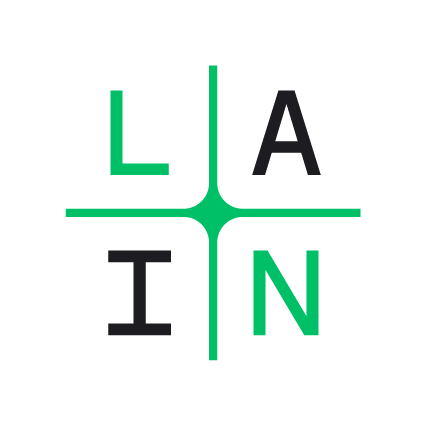LAIN’s first Climate Community Engagement Workshop
How can anchor institutions harness the power of their communities to take action in the face of the growing climate emergency? That was the topic of LAIN’s first climate community engagement workshop inspired by the London Climate Resilience Review. Read on for LAIN’s reflections of the event.
The London Climate Resilience Review: harnessing the potential of Anchors
London is experiencing more frequent and intense weather events linked to climate change. Following the flash floods in 2021 and 40-degree heatwave in 2022, the Mayor of London commissioned the London Climate Resilience Review to guide London’s preparations for more extreme weather. The review provided 50 recommendations, addressing risks associated with increasing heat, drought, sea levels, storm surges and surface water flooding.
As part of these, it recommended that London’s anchor institutions:
Provide spaces for climate resilience (e.g. cool and warm spaces where Londoners can take refuge during intense weather events)
Invest in greening their estates and in water infrastructure, such as sustainable urban drainage
Work with the Mayor to ‘engage Londoners on climate risks and build their capacity to adapt’.
It was in this context that LAIN held its first climate community engagement workshop.
Anchors providing frameworks for action
At the workshop, LAIN members London Jewish Forum and Diocese of London shared frameworks they have developed for driving climate-related debate and behaviour change.
Rafi Addlestone, London Jewish Forum, “the climate crisis is a systemic issue which requires an equally all-encompassing response”.
We learnt about the EcoJudaism framework, which through its three pillars of ‘Inspire’, ‘Act’ and ‘Influence’ seeks to build a sense of common purpose and turn it into action. EcoJudiasm aims to make environmental responsibility an integral part of the Jewish identity. It includes developing education programmes for primary schools and training for Rabbis, as well as sustainable action planning resources for synagogues.
EcoJudaism was inspired by the EcoChurch initiative, an award scheme encompassing around half of the Diocese of London’s Parishes. Delivered by a Christian charity, EcoChurch aims to engage churches in ‘Caring for God’s Creation’ by providing a framework for action on the climate crisis, covering five areas of church life: worship and teaching; buildings and energy; land and nature; community and global engagement; and lifestyle. Individual churches are supported to take action in these areas to progress towards a bronze, silver or gold award. Examples include retrofitting church buildings; involving local communities in beekeeping, planting and other activities to improve biodiversity in church grounds; working with the congregation to embed more sustainable travel and other behaviours; and collaborating with local retailers to combat food waste.
Overcoming barriers to climate community engagement
Engaging local communities, stakeholders and anchor institutions’ own members of staff on climate issues can be challenging. People can feel despondent, overwhelmed and fatalistic about climate change. But offering a framework for action and sharing inspiring examples of what others have done can help to overcome this, building engagement and motivation.
Through the workshop, LAIN members shared their top tips on working with communities on climate engagement:
Tap into the community’s sense of identity and purpose when it comes to climate
Provide evidence on the impacts of climate change and need for action, whether that’s through climate literacy training or other resources
Keep the messaging hopeful and help individuals to see what practical role they can play in tackling climate change and adapting to its impacts
Use tools such as the cost of inaction tool to create the business case for investment in climate action
Work with the community on tangible initiatives such as climate adaptation initiatives that provide immediately visible benefits and help to build momentum.
Anchor institutions have important assets - from properties to engaged communities - that will be vital for building a more climate resilient London. Working together, we have the power to effect real change. Get in touch to be involved in more conversations about how we do this!

